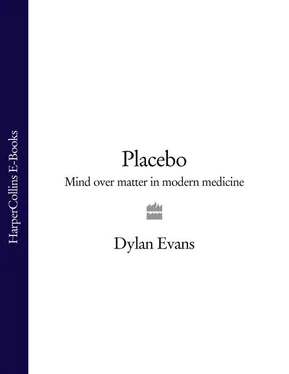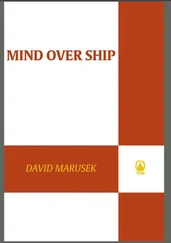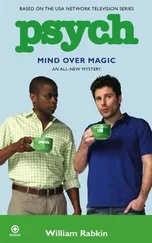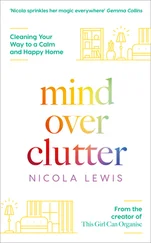Such an event would not invalidate the whole book. Most of the arguments in its second half would still hold up even if the theory advanced in Chapter Three turns out to be wrong. Whatever the physiological details may be, for example, the important thing about placebos is that they cause their bodily effects indirectly, by means of causing some change in the mind. Chapter Four looks at the psychological element in the placebo response, the key mental event that triggers the physiological processes involved. I argue that this mental event is the formation of a belief – the belief that one has just received an effective medical treatment. Placebos are treatments that only work if you believe in them.
Chapter Five puts the physiological and psychological mechanisms in an evolutionary context. How and why did humans evolve in such a way that their minds can trick their bodies into healing themselves? When did this capacity first appear? Chapter Six examines the so-called ‘nocebo effect’ – the power of placebos to harm as well as to heal – and argues that this crude dichotomy into good and bad seriously misrepresents the complexity of the biological details. Since many symptoms turn out to be defence mechanisms activated by the body itself, it is much harder than one might think to decide whether or not a physiological process is pathological or beneficial.
Chapters Seven and Eight take a hard look at alternative medicine and psychotherapy, and ask whether or not these popular approaches to healing are really anything more than placebos. The question is especially important at a time when consumer demand for these products is high. Should we believe the hype surrounding acupuncture and homeopathy, or is the emperor naked?
Finally, Chapter Nine looks at the ethical questions raised by the use of placebos. To use a placebo knowingly, whether in medical practice or in clinical trials, it seems that doctors must deceive their patients. Can such deception ever be justified, or do doctors have an absolute duty to tell their patients the truth? And how do the emerging scientific discoveries discussed earlier in the book throw new light on this ancient dilemma?
That concludes the rough sketch of the terrain; now begins the journey.
Dylan Evans, Fairford, July 2002
PREFACE TO THE PAPERBACK EDITION
Since this book was first published, in January 2003, it has provoked a variety of responses, ranging from enthusiastic approval to cold hostility. This is probably to be expected, given that the book deals with a topic that is at the very edge of scientific discovery. Until we have gathered more evidence, scientists will continue to argue about the biological and psychological mechanisms that underlie the placebo response. Indeed, it is this process of argument and debate that makes science such a lively and passionate activity.
There are repeated reminders throughout the book that the theory proposed in Chapter 3 is not yet proven, but even this was not enough to prevent some critics from accusing me of presenting my hypothesis as if it were already an established fact. This is perhaps testimony to the reluctance of many medical scientists to venture beyond the safe realm of data and into the perilous terrain of theory. That reluctance is a shame, because speculation is essential if we are to discover anything new.
Recent research, published since this book was first published, appears to confirm the theory it proposes. Readers may find links to some of this research on my website (www.dylan.org.uk), which is regularly updated. But even if the theory proposed here turns out not to be a complete explanation of the placebo response, I am confident it will remain an important part of the puzzle. Read this book, and judge for yourself!
Dylan Evans, May 2003
Конец ознакомительного фрагмента.
Текст предоставлен ООО «ЛитРес».
Прочитайте эту книгу целиком, купив полную легальную версию на ЛитРес.
Безопасно оплатить книгу можно банковской картой Visa, MasterCard, Maestro, со счета мобильного телефона, с платежного терминала, в салоне МТС или Связной, через PayPal, WebMoney, Яндекс.Деньги, QIWI Кошелек, бонусными картами или другим удобным Вам способом.












